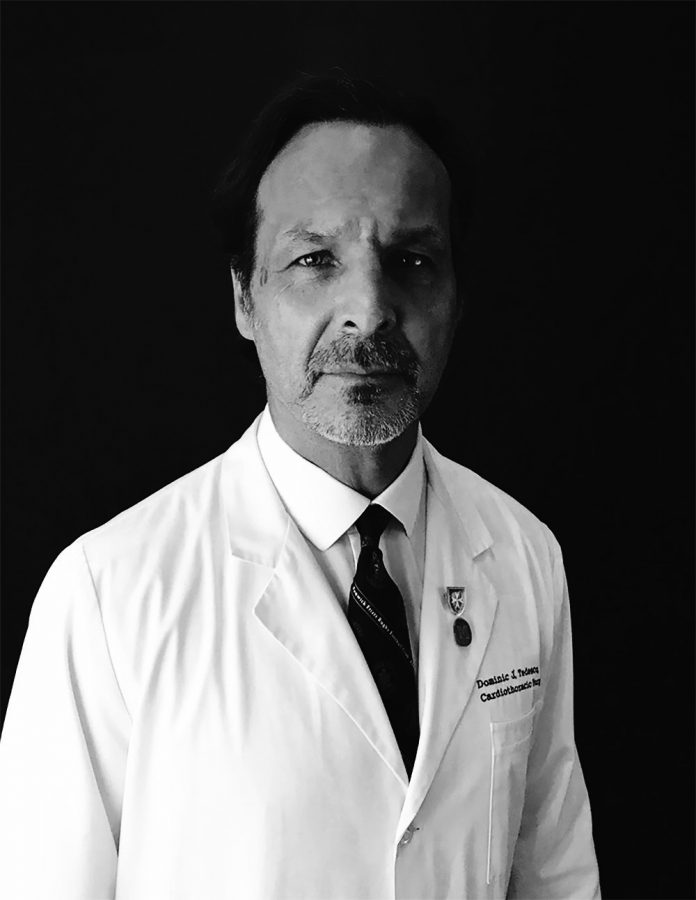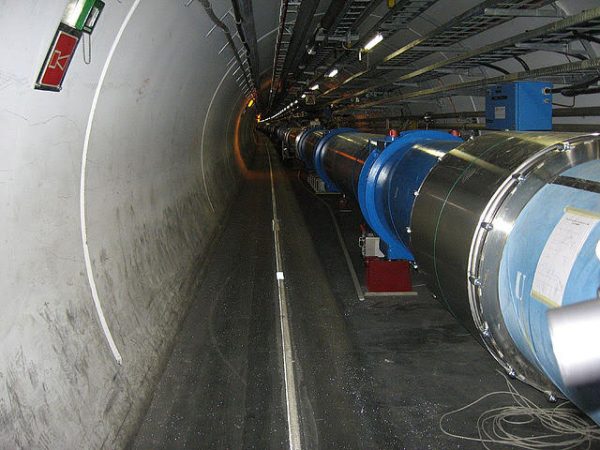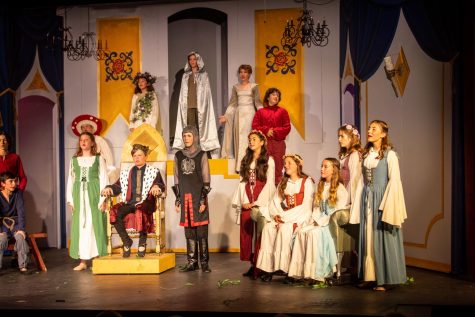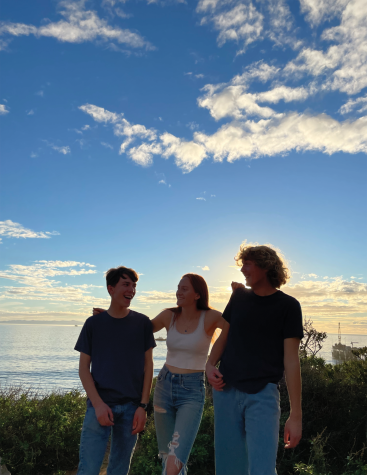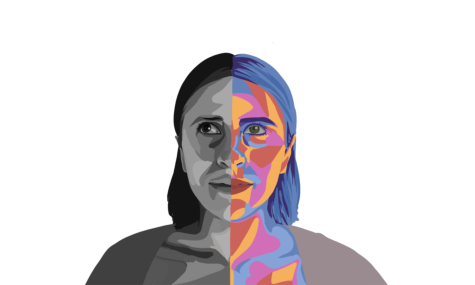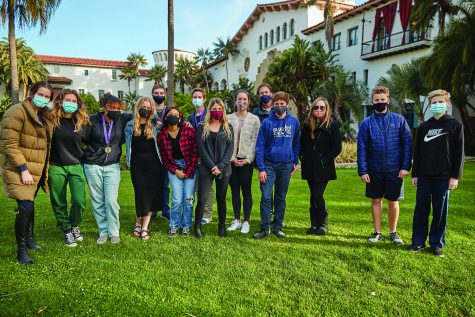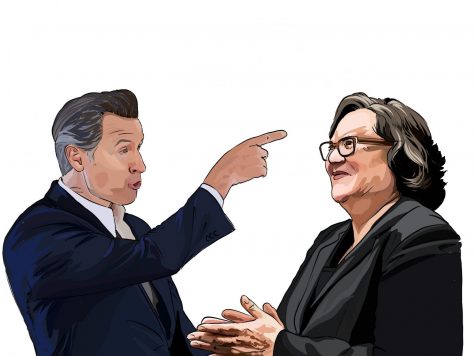An Interview with Heart Surgeon Dr. Dominic Tedesco
Describe what you do.
I have been a heart surgeon for the past 28 years. I evaluate patients for their need for heart or lung surgery, perform those operations, and administer postoperative care toward their recovery.
What did you want to be when you were young?
I was always kind of raised to be a doctor; it was something that was kind of expected of me.
Did your family support you in your path to become a surgeon?
Having parents in the medical field, I was very supported with my decision. Although my father didn’t support my path to partake in intercollegiate athletics.
What kind of student were you in high school?
I got mostly As and Bs and competed in sports. I was also a little rowdy.
At University of Michigan, what was you major?
I took all the prerequisites for medical schools, but the Bachelor in General studies allowed me to take all of those without a specific major.
Do you have any suggestions for kids who don’t know what they want to come?
Yeah, just experience as many things as you can, so that you can make a good decision in doing what you really enjoy.
Medical school is known to be very grueling, is there anything specific that helped you to get through medical school?
Yes. I think the fact that I had such demands on my time during college, such as school and sports, that once I got to medical school and my only focus was academics, I actually thought it was easier since I had been well prepared in time management during undergraduate school.
How did your father in uence you to become a doctor? Why a heart surgeon, specifically?
When I was young, I would go with my father to see patients and make house calls.When I was in medical school, I often times would work in my father’s of office as a family practice doctor and he would see coughs and colds and high school physical exams, and that is when I decided I wanted to do something a little more exciting than that.
Can you describe what it was like performing your first open-heart surgery as the lead surgeon?
The first time, I was extremely nervous and stressed. It was hard to sew because my hand was shaking so much.
In your opinion, what kinds of skills must a heart surgeon possess?
Compassion, persistence, extreme focus, technical skills and leadership qualities.
Could you describe a case that stands out the most to you?
A twenty-seven-year-old lady with two babies came in with a viral myocarditis and had a cardiac arrest on the way to the operating room.We were doing CPR and I put in both left and right assist devices for the failing left and right ventricles. She subsequently has had a full recovery after the devices in for about a month.
What is the most rewarding aspect of your job?
The satisfaction of taking people who are critically ill and performing an operation on them, and seeing them fully recover and go back to a fully functional lifestyle.
What do you like least about your job?
Having to tell a family that their loved one died. Losing a patient is an inevitable part of the job, but it never gets any easier.
How has the technology in your field changed or improved since you rst started, and how do you predict the eld will change in the future?
I think everything is moving more toward minimally-invasive therapies. Examples such as trans-catheter valve replacements, coronary artery stent-ing.
Has there ever been a moment in college or your career where you have doubted yourself?
Of course. There are always going to be times when something doesn’t work out the way you want it to, and as a surgeon or athlete you always look at yourself rst and see what you could have done differently in order to create a better outcome.
And what did you do to re-encourage yourself?
You just have to keep going. It doesn’t stop, so the next patient comes, and you have to just focus on that. You have to learn to put things behind you and put all your focus on your next feat.
What would you tell a high school or college student who wanted to become a heart surgeon?
You have to really love what you are doing because it is a difficult and stressful work. You have to find it very gratifying, otherwise you won’t be able to keep the strenuous pace day after day.
Are there any common misconceptions about heart surgeons or the eld?
I think there’s sometimes a misconception that heart surgeons make tons of money, and you certainly make adequate money, but you aren’t mega rich from being a heart surgeon. I also think there’s a misconception that heart surgeons are prima donnas, and very egotistical.
Your donation will support the student journalists of Laguna Blanca School. Your contribution will allow us to purchase equipment and cover our annual website hosting costs.
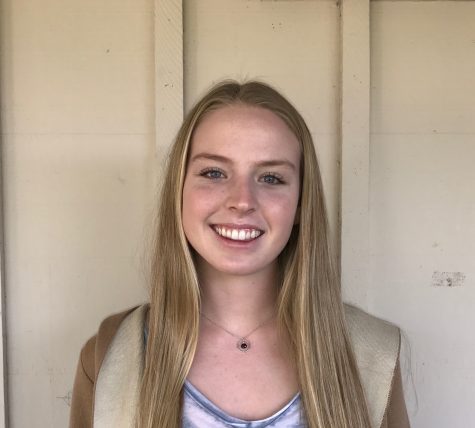
Caylin is a Junior at Laguna Blanca School and is a returning member of the Fourth Estate staff. She writes Feature stories and is the Co-Feature editor....



